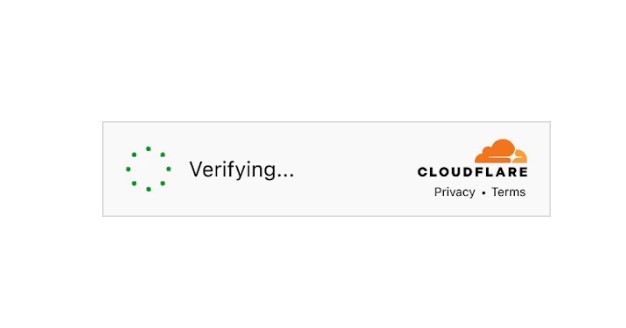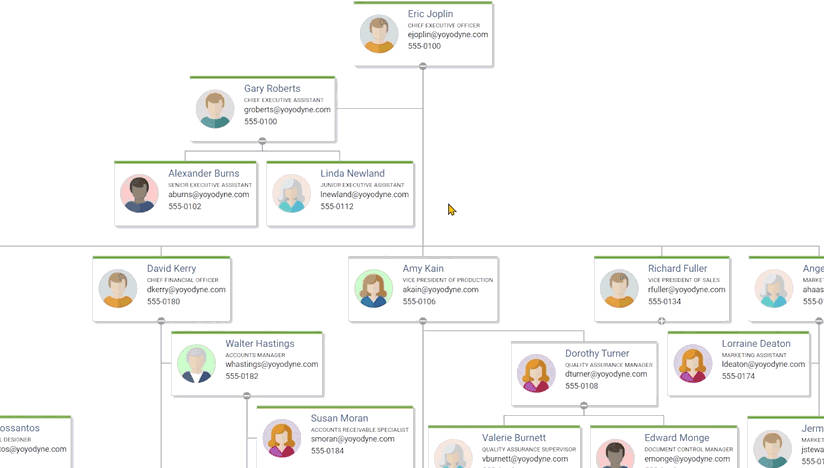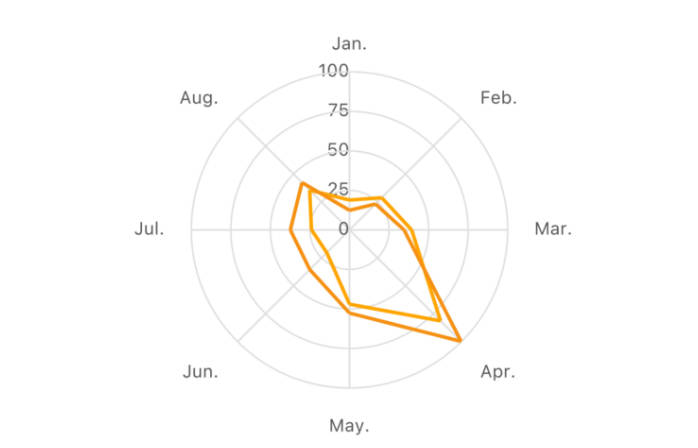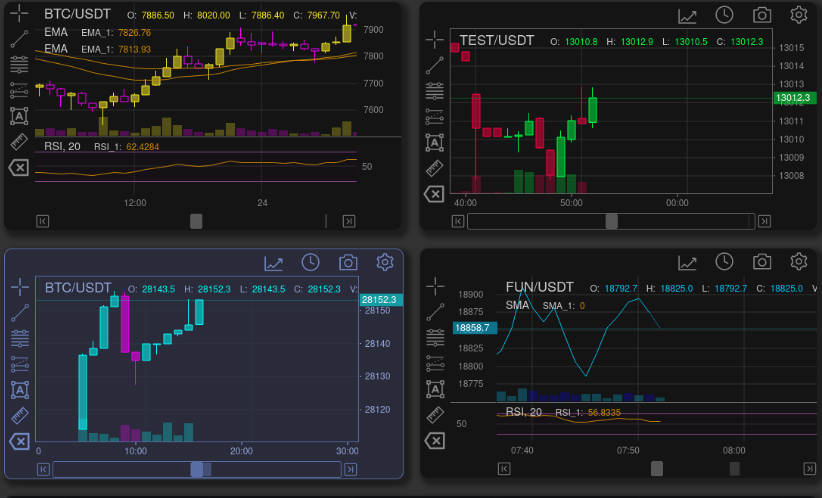xstate-to-gherkin · 


xstate-to-gherkin is a library and cli tool to generate Gherkin test scripts from an XState statechart.
Quickstart
Check out a codesandbox demo here to play with xstate-to-gherkin from your browser.
You’ll need to have an XState machine definition.
xstate-to-gherkin requires you to annotate your machine with a few additional pieces of metadata.
On any state you would like to make an assertion for, set meta.gherkinAssert to a string describing what should be true in that state.
Optionally, on any state that is part of a feature, set meta.gherkinFeature to a string describing that feature.
Optionally, on any state that is part of a scenario, set meta.gherkinScenario to a string describing that scenario.
Here’s an example.
Assume you have a machine.ts file like this:
const basicWithConditions = createMachine({
predictableActionArguments: true,
id: "basicWithConditions",
initial: "start",
states: {
start: {
meta: {
// whenever you're in this state, this should be true
gherkinAssert: "I can see the start page",
// this state is part of My Feature.
gherkinFeature: "My Feature",
},
on: {
"I tap the next button": [
{
target: "success",
// guards will be turned into "When ... with <guard>."
// So this will be turned into "When I tap on the next button with good input"
cond: "good input",
},
{
target: "failure",
cond: "bad input",
},
],
},
},
success: {
meta: {
gherkinAssert: "I can see the success page",
gherkinScenario: "Success",
},
initial: "successStep1",
states: {
successStep1: {
meta: {
gherkinAssert: "I see the first step of the success page",
},
},
},
},
failure: {
meta: {
gherkinAssert: "I see the failure page",
gherkinScenario: "Failure",
},
},
},
});
After running
npx @simplystated/xstate-to-gherkin --output-dir out machine.ts
You should see a new file, out/my-feature.feature with contents like this:
Feature: My Feature
Scenario: Success
Given I can see the start page
When I tap the next button with good input
Then I can see the success page
And I see the first step of the success page
Scenario: Failure
Given I can see the start page
When I tap the next button with bad input
Then I see the failure page
Using xstate-to-gherkin as a library
Install:
npm install --save-dev @simplystated/xstate-to-gherkin
Then, in code:
import { xstateToGherkinScripts } from "@simplystated/xstate-to-gherkin";
import { createMachine } from "xstate";
const machine = createMachine(...);
// scriptsByFilenames will contain a Map from filenames (e.g. my-feature.feature) to the Gherkin content of the file.
const scriptsByFilenames = xstateToGherkinScripts(machine);
Why would you want to generate a Gherkin script from a statechart?
First off, it’s important to note that you can describe any reactive system as a statechart. That means that you can certainly model anything you are trying to test with Gherkin as a statechart. Generally, modeling these types of systems as statecharts is quite straightforward because the structure of the statechart closely matches the way we humans tend to think about these systems.
Next, realize that you need to write a number of test scripts proportional to the number of paths through your system (statechart) if you want to cover all of your functionality. Users do not just experience states; they experience paths through states. Suffice it to say that there are many more paths than there are states. If you try to explicitly list every path, you will have an enormous amount of work to do, especially if you add new edges near your initial state.
So, we can take advantage of the power of the declarative nature of statecharts AND the fact that they are easy to use to model any system we might care about AND the fact that they allow us to do work in proportion to the number of states instead of the number of paths to let our computer do the hard work for us.
Simply Stated
xstate-to-gherkin is a small tool built by Simply Stated. At Simply Stated, our goal is to build all of the tooling you need to experience the full power of statecharts.
License
xstate-to-gherkin is MIT licensed.








